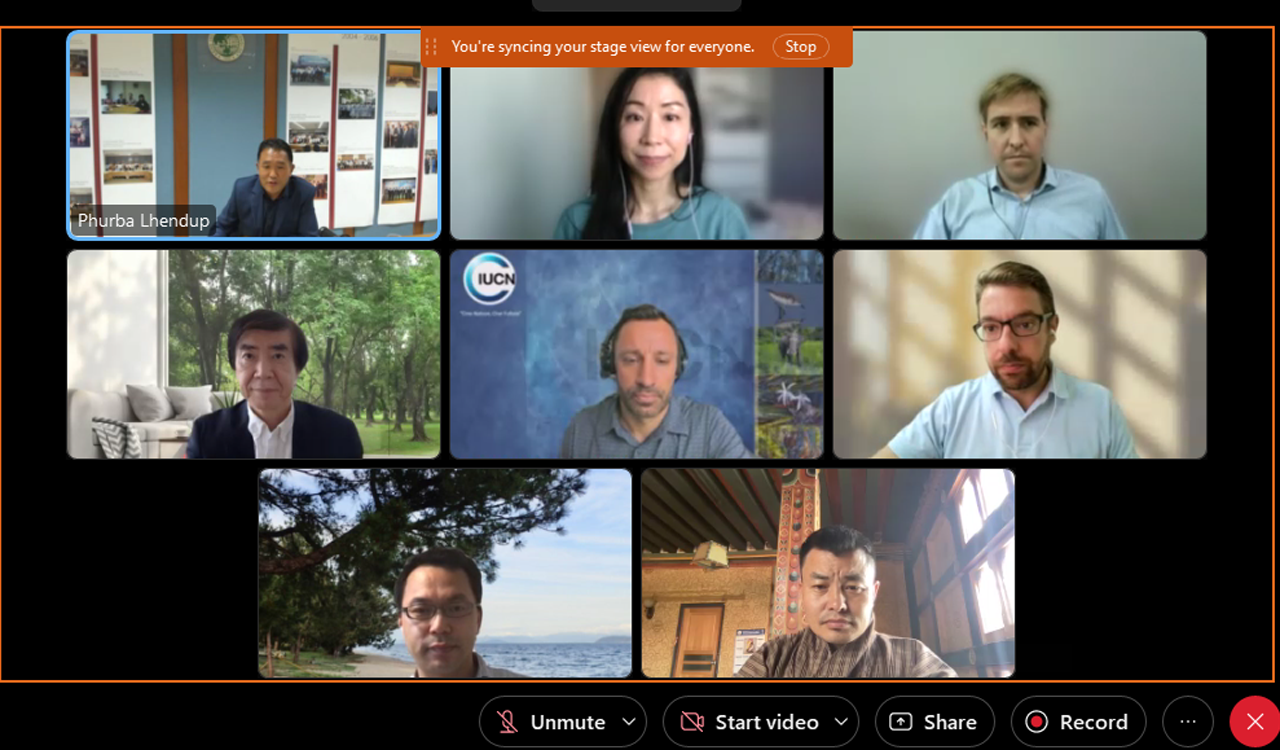Showcasing Leading Nature-Based Solution Experiences from Europe and Asia
11 August 2022
Webinar

AIT RRC.AP in 2020 organised a webinar that introduced the concept of Nature-based Solutions (NbS) and its application including existing traditional ecological knowledge in NbS applications. On August 11, 2022, AIT RRC.AP in collaboration with organisations working in the NbS sector from Europe and Asia, organised the webinar that showcased a series of examples and insights from completed and ongoing activities.
Dr. Naoya Tsukamoto, Director of RRC.AP, welcomed participants and speakers which was followed by the keynote speech from Ms. Yuko Yoshida, Ministry of Environment, Japan (MoEJ), and a series of presentations from panelists.
Dr Takehito Yoshida of the University of Tokyo shared different nature-based solutions for disaster risk reduction adopted in Japan. Dr. Mario Balzan, of the Malta College of Arts, Science and Technology introduced the ReNature project and reflected on lessons learned from the project. The project focused on developing the capacities of relevant stakeholders to increase the application of nature-based solutions to tackle different societal challenges. The project identified that, at the present, there is plenty of experience with NbS applications to tackle the issues of drought and heat risks, biodiversity loss, and ecosystem degradation but there are still many sectors with no or limited NbS applications such as water quality management, flood risk reduction, transport and infrastructure, low employment, and low participation in the Mediterranean region. Similarly, Dr. Norbu Wangdi, of the Royal Society for Protection of Nature, presented different NbS applications for sustainable forest management, biodiversity conservation, grassland management, and eco-tourism in Bhutan. Mr. Joost Noordermeer, Witteveen+Bos, shared the learnings of ecological restoration activities in Mangrove ecosystems in Demak, Indonesia. Lastly, Mr. Raphael Glemet, from the International Union for Conservation of Nature, shared four examples of NbS from Bangladesh, Bhutan, India, and Nepal.
The two-hour-long webinar was attended by 165 participants from 32 countries.
